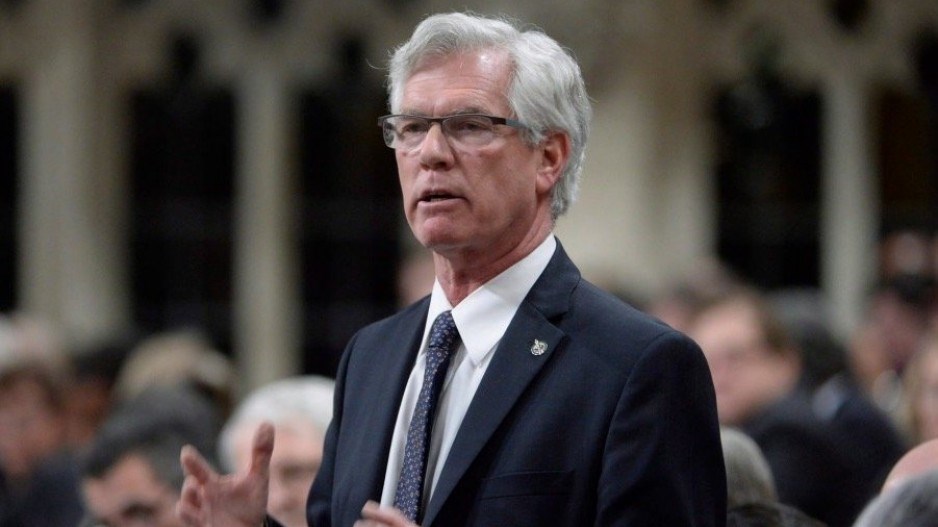More than one year since the federal government promised to create an ombudsperson for responsible enterprise, the role remains empty and the position’s full mandate unclear.
“It’s quite concerning,” said Emily Dwyer, coordinator of the Canadian Network on Corporate Accountability, and a member of the government’s multi-stakeholder advisory body on responsible business conduct.
The advisory body was announced January 17, 2018 and is chaired by Canada’s Minister for International Trade Diversification Jim Carr. It is mandated to meet a minimum of four times a year; it met twice in 2018.
“We don’t even really have details about when it’s going to be rolled out,” said Dwyer. “It does take time to set up offices like this, but there is no justification for a year later, an office not being in place.”
A representative from Minister Carr’s office wrote Business in Vancouver that progress continues on the selection of the country’s first Canadian Ombudsperson for Responsible Enterprise (CORE).
A number of human rights and social justice-focused groups have voiced their concerns about the delay.
In December, 240 activists and organizations from 56 countries sent a letter to the prime minister expressing support for CORE, and calling on government to appoint an ombudsperson quickly. The organization Development and Peace-Caritas Canada was one of the participants. Its advocacy and research program officer Elana Wright is also an advisory body member, and confirmed that no details of CORE have been revealed.
The concerns come from organizations that have long championed the creation of an office like CORE. When established, the role is expected to come with the authority to investigate allegations of human rights abuses tied to the conduct of Canadian corporations abroad.
"The CORE has the potential to play an important role in promoting international guidance and advising Canadian companies operating abroad on best practices related to responsible business conduct," said advisory body vice-chair Jackie King, chief operating officer of the Canadian Chamber of Commerce, in an email to BIV.
King pointed out the office could be particularly valuable for small- and medium-sized enterprises looking to enter complex markets.
To date, she says advisory body meetings have helped establish short- and long-term objectives. A sub-committee has also met twice to discuss issues including supply chain responsibility.
"Many feel that other initiatives in the past have not lived up to expectations and that is why it’s so important to take the time to get it right. I know it’s difficult to be patient on something that is this important, but if we do take the time to get it right, the CORE could be a model for the rest of the world for decades to come," said King.
The Liberals, NDP, Green Party and Bloc Quebecois all committed to establishing such an authority during the 2015 federal election campaign.
CORE will replace and significantly expand upon the role of Canada’s now defunct Extractive Sector Social Responsibility Counsellor, which advised extractive companies on corporate social responsibility standards.
“It’s something that’s been in Canadian discourse for over a decade now, something that UN bodies have been asking about for ages,” said Dwyer.
“It’s really unclear why it has taken this long.”




